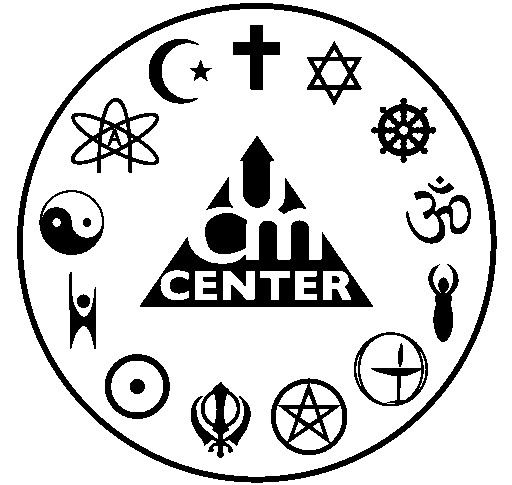Written by Richard S. Gilbert The human race is a vast rainbow bursting into view. of white and black, red, yellow and brown. Yet for all blood is red, the… Continue reading We are all more human than otherwise
Category: Better Together
OU Students Attend Interfaith Leadership Institute
United Campus Ministry (UCM) and the OU Office of Diversity and Inclusion sponsored two Ohio University undergraduate students‘participation in an Interfaith Leadership Institute (ILI) in Atlanta in January. ILIs are… Continue reading OU Students Attend Interfaith Leadership Institute
Dr. King’s Vietnam Speech
“There comes a time when silence is betrayal.” -Dr. Martin Luther King Jr. Most people have heard of Dr. King’s “I have a Dream” speech. But did you know that… Continue reading Dr. King’s Vietnam Speech
Thankful
During the holiday season, I take time out to consciously ponder what I am thankful for. Of course I’m thankful for my family, my friends, my education, my opportunities, and… Continue reading Thankful
Definition of Spirituality
Spirituality- understanding and experiencing ourselves in relation to something larger than ourselves, of which we are a part, on which we depend, and which consequently we are called to serve This is… Continue reading Definition of Spirituality
